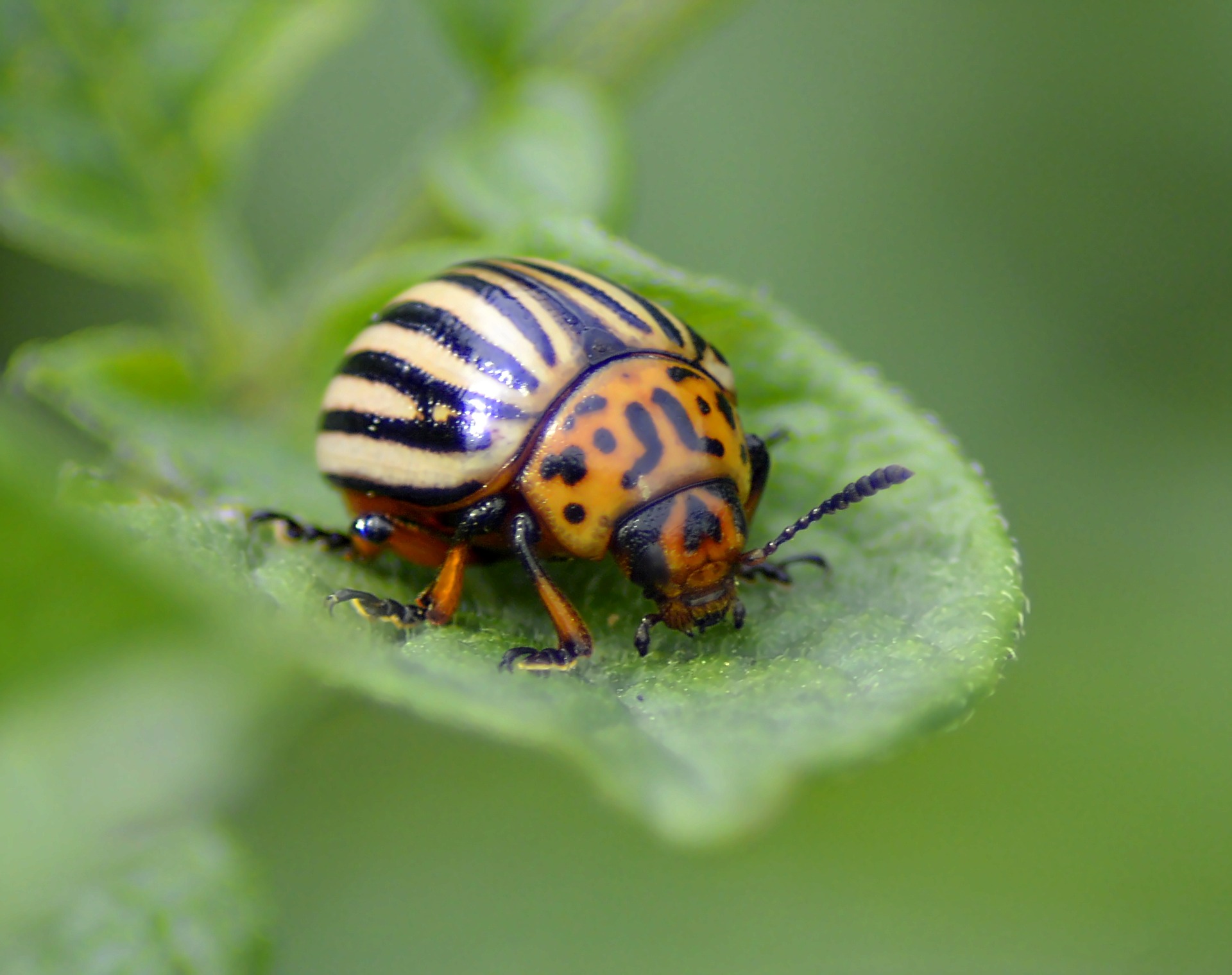
Entomology is the scientific study of insects, a branch of zoology that delves into the fascinating world of these tiny creatures. Did you know that insects make up more than half of all known living organisms? Entomologists play a crucial role in understanding ecosystems, agriculture, and even human health. From the buzzing bees that pollinate our crops to the pesky mosquitoes that spread diseases, insects impact our lives in countless ways. This blog post will uncover 25 intriguing facts about entomology, shedding light on the importance of studying these often-overlooked creatures. Get ready to be amazed by the incredible diversity and complexity of the insect world!
Key Takeaways:
- Insects are crucial to ecosystems, agriculture, and human health. They make up 80% of known animal species and play roles in pollination, pest control, and disease transmission.
- Entomology reveals the fascinating world of insects, from their behaviors like bioluminescence and communication to their impact on agriculture and public health.
What is Entomology?
Entomology is the scientific study of insects. These tiny creatures play crucial roles in ecosystems, agriculture, and even human health. Let's dive into some fascinating facts about this branch of science.
-
Entomology comes from the Greek words "entomon" (insect) and "logia" (study).
-
Insects make up about 80% of all known animal species.
-
There are over 1 million described insect species, with millions more yet to be discovered.
-
Entomologists study insects' anatomy, behavior, genetics, and ecology.
Historical Background of Entomology
The history of entomology is rich and spans centuries. Early entomologists laid the groundwork for modern insect studies.
-
Aristotle was one of the first to classify insects systematically.
-
The first entomological society, the Entomological Society of London, was founded in 1833.
-
Charles Darwin's observations of insects contributed to his theory of natural selection.
-
The term "entomology" was first used in the 18th century.
Importance of Insects in Ecosystems
Insects play vital roles in maintaining ecological balance. They contribute to various processes that sustain life on Earth.
-
Pollinators like bees and butterflies are essential for the reproduction of many plants.
-
Insects help decompose organic matter, recycling nutrients back into the soil.
-
Predatory insects control pest populations, reducing the need for chemical pesticides.
-
Some insects, like ants, aerate the soil, improving its quality.
Insects and Human Health
Insects have a significant impact on human health, both positively and negatively. Understanding these interactions is crucial for public health.
-
Mosquitoes are vectors for diseases like malaria, dengue, and Zika virus.
-
The study of entomology has led to the development of insect repellents and insecticides.
-
Insects like maggots are used in medical treatments to clean wounds.
-
Entomologists work on controlling insect-borne diseases through research and public health initiatives.
Agricultural Impact of Insects
Insects can be both beneficial and harmful to agriculture. Farmers and scientists work together to manage these impacts.
-
Beneficial insects like ladybugs and lacewings help control crop pests.
-
Insect pests cause significant damage to crops, leading to economic losses.
-
Integrated Pest Management (IPM) uses entomological research to develop sustainable pest control methods.
-
Some insects, like bees, are crucial for pollinating crops, ensuring food production.
Fascinating Insect Behaviors
Insects exhibit a wide range of behaviors that intrigue scientists and nature enthusiasts alike. These behaviors often have complex social structures and survival strategies.
-
Ants communicate using chemical signals called pheromones.
-
Some insects, like the praying mantis, exhibit cannibalistic behavior.
-
Fireflies produce light through a chemical reaction called bioluminescence.
-
Honeybees perform a "waggle dance" to communicate the location of food sources.
-
Termites build intricate mounds with natural air conditioning systems.
Entomology continues to reveal the incredible diversity and complexity of insects. These tiny creatures have a massive impact on our world, making the study of entomology endlessly fascinating.
Bugs Are More Than Just Pests
Entomology offers a fascinating glimpse into the world of insects. These tiny creatures play crucial roles in ecosystems, from pollinating plants to decomposing organic matter. Understanding their behaviors and interactions can lead to breakthroughs in agriculture, medicine, and environmental conservation.
Insects like bees and butterflies are essential for pollination, while others like beetles and ants help break down waste. Some, like mosquitoes, can spread diseases, making it vital to study them for public health.
Next time you see a bug, remember it might be contributing to the balance of nature in ways you never imagined. Entomology isn't just about studying insects; it's about appreciating their impact on our world. So, keep an eye out for these incredible creatures and the hidden wonders they bring to our lives.
Frequently Asked Questions
Was this page helpful?
Our commitment to delivering trustworthy and engaging content is at the heart of what we do. Each fact on our site is contributed by real users like you, bringing a wealth of diverse insights and information. To ensure the highest standards of accuracy and reliability, our dedicated editors meticulously review each submission. This process guarantees that the facts we share are not only fascinating but also credible. Trust in our commitment to quality and authenticity as you explore and learn with us.
